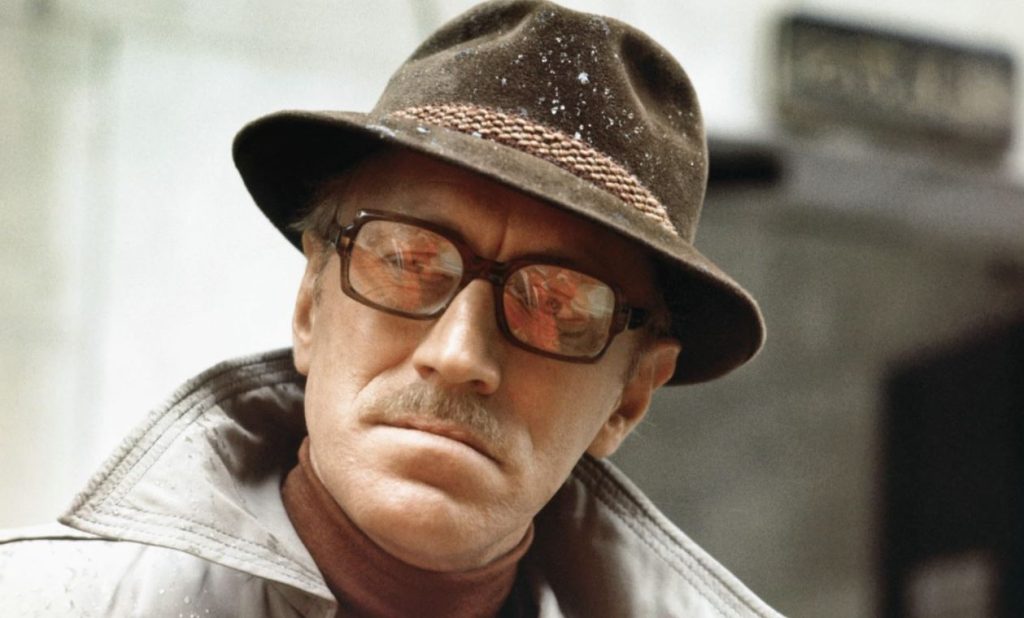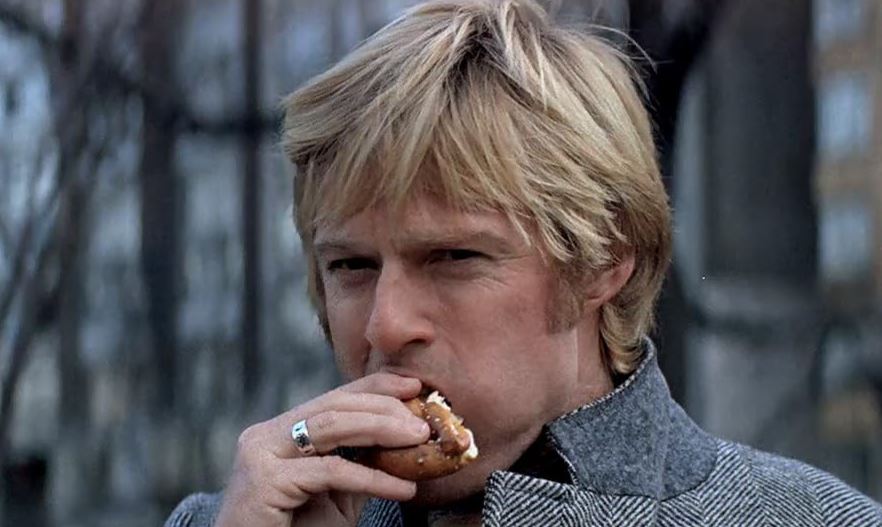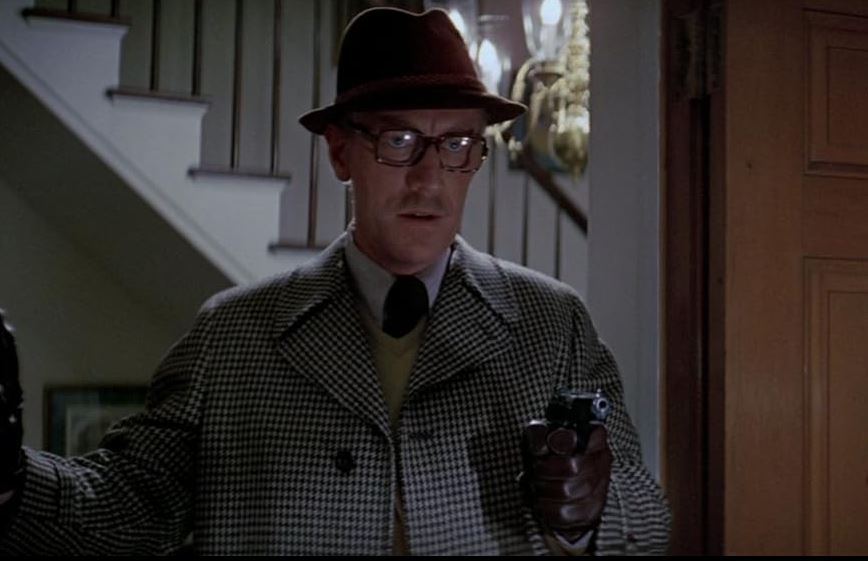
Matt is back, explaining 3 Days of the Condor
To kill without conscience is perhaps the most underrated of humanity’s foibles. Terrifying for the rest of us, of course, and unacceptable in any form if a functioning civilization is a stated goal, but imagine being able to wake up, go about your day, and put head to pillow without a moment’s thought for the consequences of one’s actions. While an untold number of such folks – sociopaths, in the current parlance – walk among us, committing minor crimes against the social order, few reach the point of murder.
Theft, rampant dishonesty, intolerance, unchecked addiction, Republican party affiliation, yes, but rarely the ultimate sin. So, whenever we encounter such a beast – the man willing and able to push the very limit of the social contract – we hope his existence is purely cinematic in nature. Let him flicker on the silver screen, not in our daily lives. Let him be Joubert.
As played by the incomparable Max von Sydow (where, pray tell, was his Oscar nomination?), Joubert is a gentleman’s gentleman: impeccably attired, effortlessly charming, and utterly without a shred of consideration for sentimentality. Call him a businessman if you must, but he’s more the flesh and blood embodiment of pure freedom. He’s at last made the abstract real. All too real. Surely he needs bread to survive, and he’s not about to inhabit a pauper’s existence for an ideal, but one could easily imagine Joubert carrying out his assorted tasks for free. On the house, if you will, like noblemen of old. He prizes efficiency above all, and if anything, he’s flattered you bothered to ask.

Consider the most insightful dialogue of the piece, expressed to a hopelessly idealistic Joe “Condor” Turner (Robert Redford) after revealing the rot at the candy center of American life. After Condor, heavy with regret, cites the assumed fatigue of an assassin’s life, Joubert sets him (and us) ramrod straight: “Oh, no – it’s quite restful. It’s almost peaceful. No need to believe in either side, or any side. There is no cause. There’s only yourself. The belief is in your own precision.” Given our own fractured, politically soaked times, imagine being able to earn a living, eat, sleep, fuck – the whole damn enterprise – without once having to consider an idea.
Or a belief. The future itself. What was it the poet once said – “The worst among us are full of passionate intensity”? Yessir, and the best lack all conviction. The sort who can look through a scope and see not social change, bitter loathing, or the crisp air of revolution, but simply a job well done. The fulfillment of a bargain. It’s enough to bring a tear to the eye.

So while Condor will forever be on the run, hoping to God he exposes the plot before it’s too late, Joubert will be polishing off a particularly smooth brandy, perhaps a cigar. He knows the world is burning, perhaps irrevocably, as a result of his deeds (he’s far from ignorant, after all), but he’s not going to spend an ounce of energy giving a damn. After all, if it gets too hot, he’ll simply go elsewhere. Without sides, there are no borders, and a check will cash in any language.
After what must be the ninth or tenth viewing of this indisputable 70’s classic (cinema is never better than when the country is jumping both feet into the shitter), I must admit that I couldn’t help but feel a pang of envy for the world Joubert has crafted for himself. Perhaps he hasn’t laughed in years, nor experienced even the slightest dash of joy, but neither has he roared to the heavens in rage. Or winced in pain.
No love, naturally, but neither has he felt the sting of unrequited passion, or the ugliness of face-to-face rejection. Like everything he consumes, all is but a transaction, including every sensation known to the human animal. There’s little doubt, too, that when his own time comes, he’ll face it with but a shrug. No one to hold his hand in the final hours, and no one to say a word or two as he’s lowered into the earth. Exactly as it should be. Only yourself.
Leave a Reply